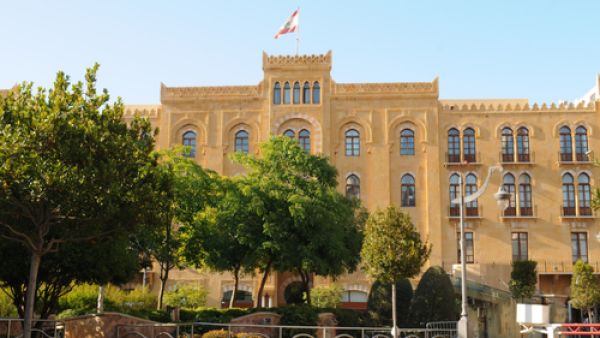Representatives of economic associations in Lebanon issued a statement Sunday urging the government to drop the idea of raising taxes in the 2017 draft budget.
“Representatives of economic associations believe that any increase in taxes will have very negative repercussions on economic growth and the flow of investments to Lebanon noting that the proposed taxes amount to LL2,400 billion [around $1.6 billion],” the statement said.
The Institute of International Finance projects Lebanon’s real GDP growth rate to accelerate from 1.4 percent in 2016 to 3 percent in 2017. But economic associations warn that any increase in taxes will lead, to the contrary, to economic slowdown and to heavy recession due to the crises that hit the country in the past five years.
The statement, which was issued following a meeting between representatives of the various economic associations at the Chamber of Commerce, Industry and Agriculture, said that economic associations are aware of the importance of approving a new budget in activating the economy and adopting a clear vision for the country’s economic system. But it added that the government should consider other means for raising money through increasing production for instance while stopping the money waste in various government departments.
The statement added that economic associations consider the decision to raise taxes as inappropriate and the government should instead encourage productive sectors by offering them facilities and injecting liquidity into the market.
Finance Minister Ali Hasan Khalil has proposed a series of taxes in his draft budget, such as increasing the value added tax from 10 to 11 percent, increasing taxes on the interest of deposits from 5 to 7 percent, increasing taxes on companies’ profits from 15 to 17 percent, placing a 15 percent tax on profits from real estate transactions, and implementing a 4 percent fee on the import of kerosene.
But the International Monetary Fund has also urged the Lebanese government to look for new alternatives to reduce the mounting public debt.








